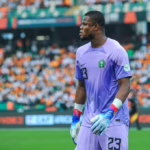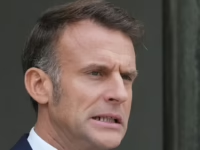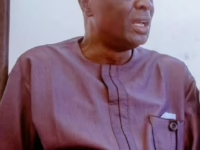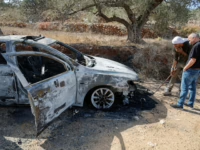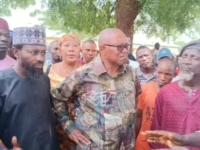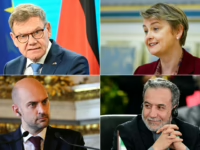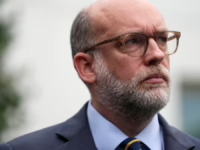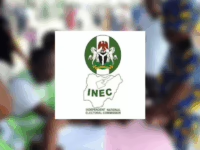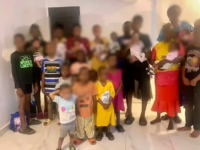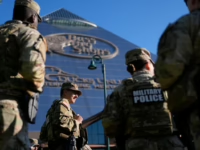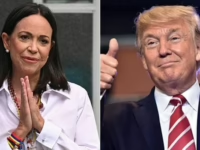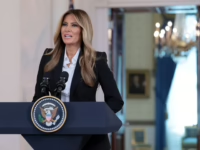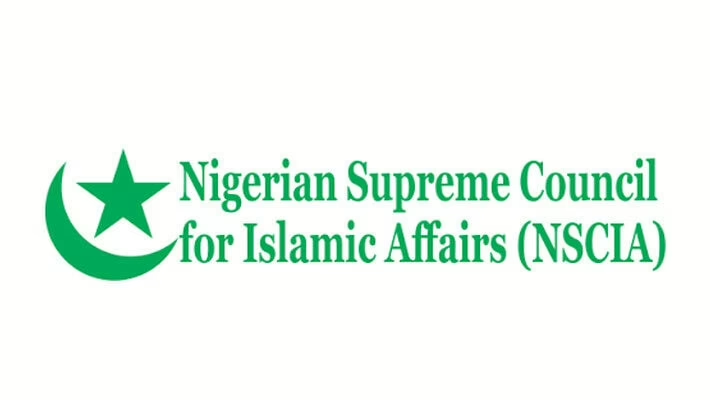The Nigerian Supreme Council for Islamic Affairs (NSCIA) has called on the Federal Government to take a decisive position on what it described as false and misleading claims of religious persecution in Nigeria, urging concerned authorities to identify and address the sources of such narratives.
In a statement signed by its Deputy National Legal Adviser, Imam Haroun Muhammad Eze, on Friday, the Council said it had observed “the avalanche of refutations by many agencies of the Federal Government of Nigeria, well-meaning Nigerians across religious divides and the National Assembly of the recent false allegation circulating on some international platforms and the social media that there is a systematic genocidal campaign against Christians in Nigeria.”
The NSCIA commended the Federal Government and other stakeholders who had publicly rejected the claims but expressed concern that their responses did not go far enough.
It said, “Council wondered why the government could not, at least for once, go the whole hog by calling a spade a spade, by speaking the whole truth.”
The Council maintained that insecurity in Nigeria affects citizens of all faiths and should not be portrayed as targeted at any single group.
It cited the US State Department’s 2023 Report on International Religious Freedom, noting that “terrorists, bandits and armed criminal groups target mosques and churches indiscriminately in Nigeria.”
The statement added, “In the first half of 2025 alone, terrorists and bandits are reported to have killed at least 2,266 civilians across Northern Nigeria, where Muslims are predominant, leaving over 2 million people displaced and over 7.8 million others in need of urgent aid.”
It also referenced findings by the US Commission on International Religious Freedom 2025 Annual Report, which acknowledged that both Muslims and Christians had been victims of attacks, stressing that the situation “does not take any pattern.”
NSCIA said its decision to remain restrained in the face of allegations and misrepresentations was motivated by its commitment to national unity.
“Council wishes to place on record that its decision to be quiet in the face of all the attacks, innuendos and insults being hurled at Muslims in this country is as a result of the necessity of protecting the corporate existence of this nation,” it stated.
The NSCIA also referred to a comment by the Director of National Issues and Social Welfare of the Christian Association of Nigeria (CAN), who observed that insecurity affects all Nigerians, saying: “If they open fire in a marketplace, the bullets don’t look for a Christian or spare a Muslim or even spare a baby.”
Expressing concern about policies it believed could deepen divisions, the Council drew attention to a recent circular by the National Insurance Commission (NICON) restricting co-insurance between conventional insurers and Takaful operators.
It stated, “This circular of exclusivity, which clearly violates the Nigerian Insurance Industry Reform Act (NIIRA 2025), is intended to further create a divide between the Muslims and the non-Muslims in the country.”
Reaffirming its commitment to peace and coexistence, NSCIA said it “strongly believes in one and indivisible Nigeria, and it shall continue to work to preserve this ideal even in the face of the greatest provocation.”
It urged the Federal Government to strengthen public communication and ensure that misinformation capable of fuelling religious tension is swiftly addressed through accurate, evidence-based engagement.
The NSCIA’s statement comes amid growing international attention on religious freedom in Nigeria. Western advocacy groups and international media outlets have accused Nigerian authorities of failing to protect Christians from attacks, allegations which the Federal Government and local religious leaders have repeatedly dismissed as exaggerated and politically motivated.
In September, US Senator Ted Cruz introduced S.2747 — the Nigeria Religious Freedom Accountability Act of 2025, a proposed law seeking to compel the US Secretary of State to list Nigeria as a Country of Particular Concern for alleged breaches of religious freedom and to impose sanctions on certain Nigerian officials.



